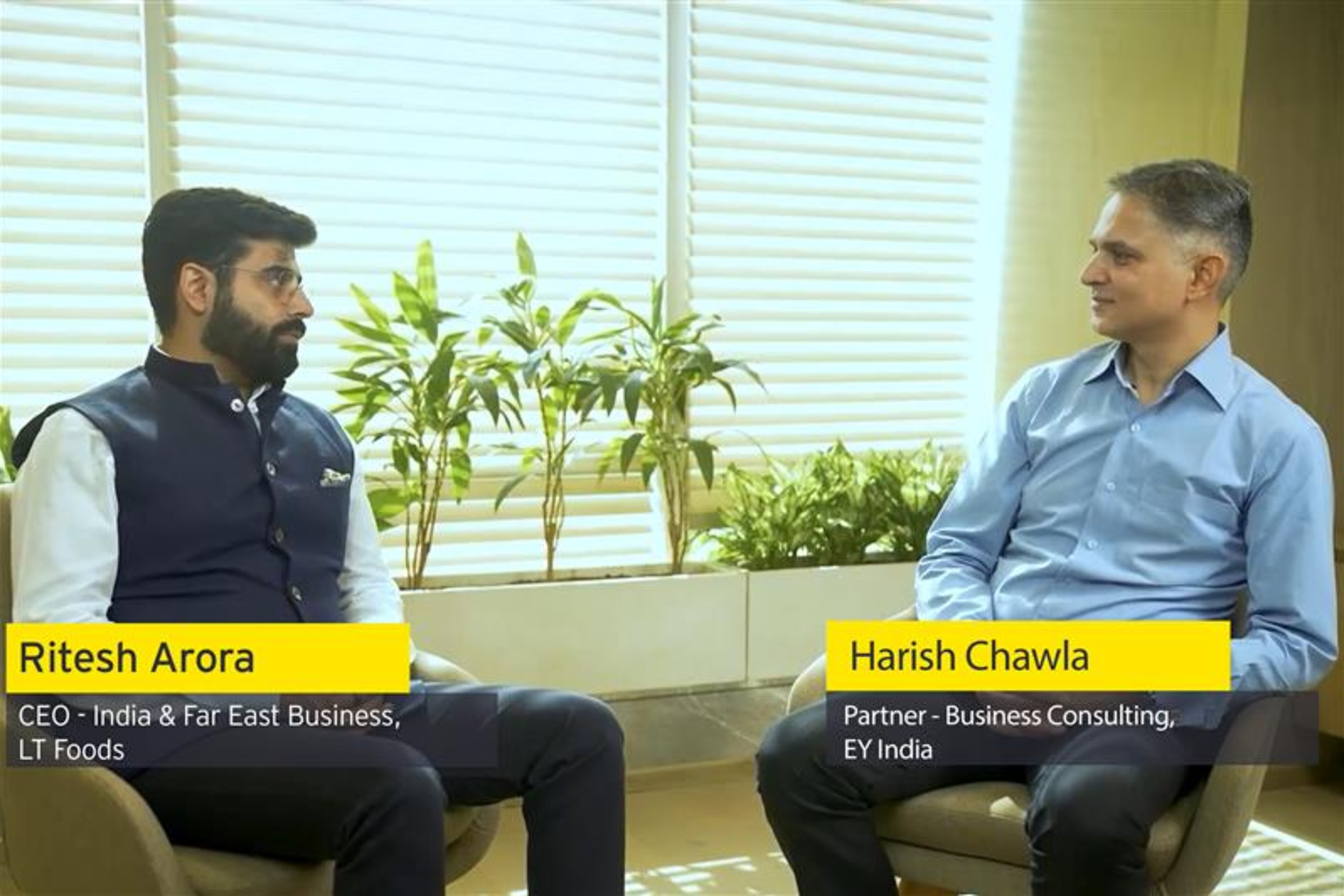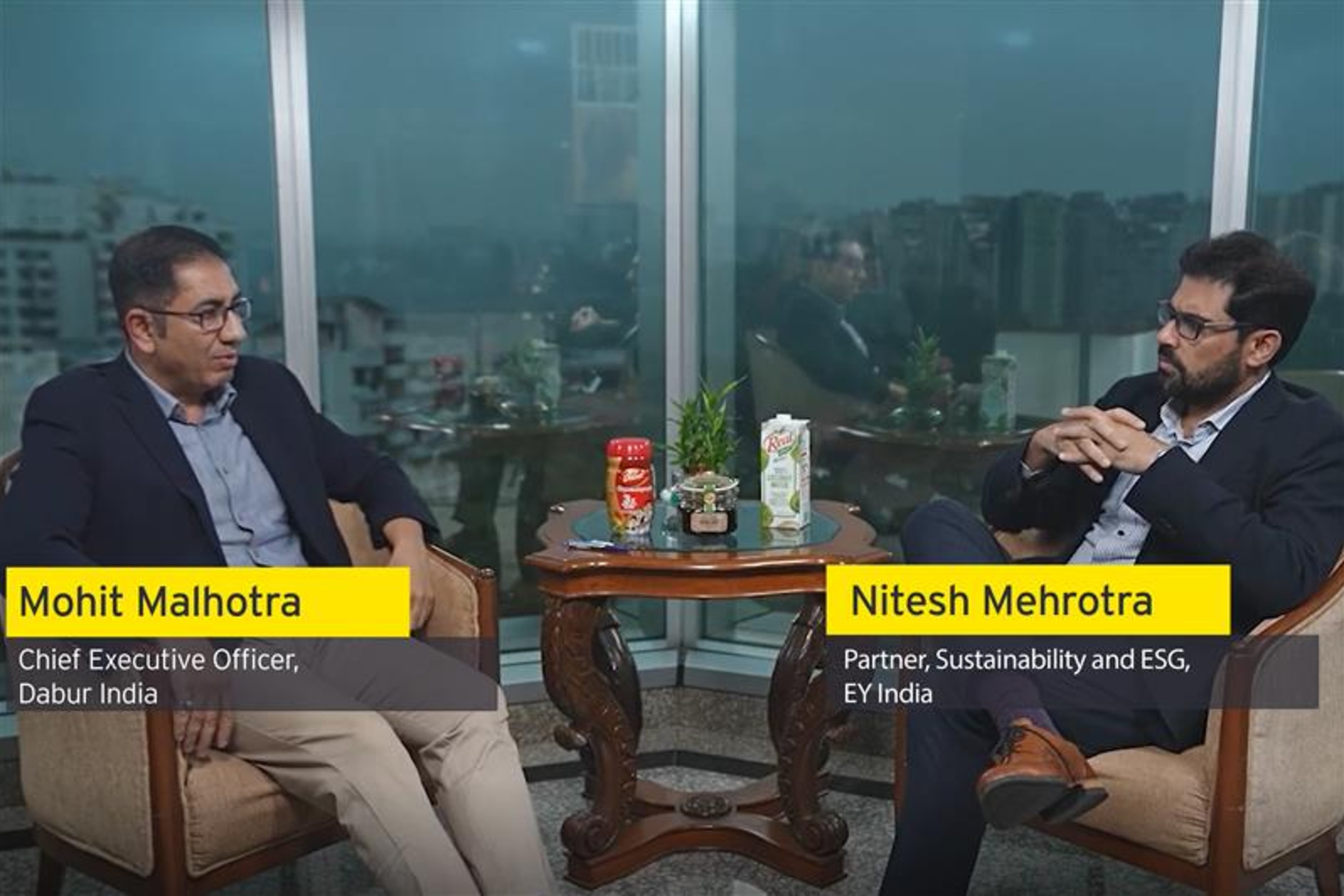Novel coronavirus (COVID-19) and measures to control it have caused widespread disruption this year. While governments, businesses and people across the world are battling COVID-19, Government of India has introduced Equalisation Levy (EL) on consideration received by non-resident e-commerce operators for e-commerce supply or services at 2% (hereinafter referred to as ESS EL) at the enactment stage of the Finance Bill 2020, around the end of March and, with effect from 1 April 2020.
The first due date for payment of ESS EL was 7 July 2020. The move did come as a surprise since India is an active participant in OCED’s Base Erosion and Profit Shifting 2.0 (BEPS 2.0) Pillar 1 project which is aiming to build a global consensus on taxation of digital/digitalized economy. Thus, a unilateral measure without any prior consultation or a detailed memorandum has created significant anxiety amongst taxpayers. The move also got international attention and the US Government announced a Section 301 investigation under the Trade Act, 1974 which will focus on issues such as discrimination against US companies.
Provisions
“E-commerce supply or service” has been defined in the provision of ESS EL to mean online sale of goods or online provision of services or facilitation of online sale of goods or provision of services. The levy is triggered on consideration received by a non-resident (NR) e-commerce operator on the above transactions from a person resident in India. ESS EL is also applicable if the consideration is received by the operator from an NR for (i) sale of advertisement targeting an Indian resident or a customer who accesses the advertisement though internet protocol address located in India and (ii) sale of data, collected from an Indian resident in India or where the NR avails the supply or service using an IP address located in India. Further, “e-commerce operator” has been defined as a non-resident who owns, operates or manages digital or electronic facility or platform for online sale of goods or online provision of services or both.
ESS EL is not applicable where the consideration is related to permanent establishment of the e-commerce operator or subject to advertising EL (applicable @6% in such cases) or is less than INR 20 million per annum.
Scope
The ESS EL appears to tax digitalized products/services since the provisions refer to taxing consideration for online sale of goods and online provision of services. Thus, digital offerings of NRs such as online books/online games/online gaming services (under specified circumstances) come under the purview of ESS EL. Similarly, if an e-commerce operator, such as an online marketplace, earns a service fee from an Indian resident for selling its goods or services online, the fee earned by the marketplace would be subject to ESS EL. Where the e-commerce operator is merely a facilitator of goods or services, it may be fair to restrict the amount of consideration (subject to ESS EL) to convenience/ facilitation fees charged by the operator and not the value of services which it facilitated. Take the example of an NR platform owner (the operator) which provides guests with options of accommodation by listing hosts on its platform. Out of the payment made by the guest, only the fee retained by the operator should be subject to ESS EL and not the amount it passes on to the host. Any other view would create an anomaly leading to bringing offline services within the ambit of ESS EL.
As is evident, the provisions pertaining to ESS EL are widely worded and one could also interpret them to cover sale of physical goods as also services enjoyed offline. Illustratively, while many businesses negotiate supply and service agreements online and use digital / electronic means for confirming contracts, the delivery of goods and/or services is largely offline. An example of this could be orders placed online for commodities such as oil on an e-portal. Further, pure traditional brick and mortar businesses (like construction) also use digital or electronic facility in some form, such as for maintaining a website, displaying online catalogues to drive traffic into their stores/ inquiries, using email for correspondence, digital forms of payment etc. The intent cannot be to bring billions of dollars of such transactions within the ambit of ESS EL.
Modifications
Given the varied interpretations, it might be imperative for the Indian tax authorities to provide following clarifications /modifications to remove the ambiguities:
- It should be clarified that ESS EL is restricted to digitalized products and services and does not cover goods and services which are physical in nature/services which are enjoyed offline and where e-commerce merely facilitates communication, placement, conclusion or delivery of order.
- ESS EL is to be levied on the actual consideration that belongs to the e-commerce operator in their own right as against the full amount received. For instance, for operators acting in the capacity of intermediary/marketplace, the commission or fee they retain is the only consideration that should be considered for the purpose of this levy.
- Amount of consideration received or receivable by the e-commerce operator should be restricted to only convenience fees or facilitation fees received from residents in India or non-residents using IP address in India. It should not cover convenience fees received from non-residents.
- The expansive language of the provisions could potentially cover a wide gamut of transactions between non-residents such as a situation where an online advertisement is merely accessed by persons in India, who were not the target audience for such an advertisement at first place. Further, through advertisements, enterprises may intend to target markets region-wise rather than a specific country (say, India). This creates a complexity as to how much consideration for the sale of advertisement shall be allocated to persons accessing the advertisements in India and outside India. It would be useful for taxpayers to get clarity on the scope and exclusions from the provision and rule out the possibility of it extending to unintended situations.
- As a result of expansion of scope of EL to ESS EL, section 10(50) of the Income-tax Act has been amended to state that income arising from any "e-commerce supply or services" on or after 1 April 2021 and chargeable under EL chapter shall be exempt from income tax. On the other hand, the ESS EL provisions apply from 1 April 2020. This seems to be an inadvertent error and suitable amendment should be made to section 10(50) to make it effective from 1 April 2020.
- Specific appeal remedy/ dispute resolution provisions should be included.
- Where the non-resident e-commerce operator pays ESS EL with the understanding that it has no Permanent Establishment (PE)in India, but tax authorities subsequently dispute existence of PE amount of ESS EL should be allowed to be adjusted against tax payable on such disputes.
- Various countries including India are working on the BEPS 2.0 Pillar 1 project for providing for additional taxing rights. ESS EL provisions should be amended such that a credit of ESS EL is provided to companies towards any incremental tax in future that maybe due on account of Pillar 1 project.
ESS EL is likely to be cost of doing business without ability of claiming tax credit in home country. Impact maybe even more significant on businesses where the margins are slender, or the businesses are operating under losses. While everyone was eagerly waiting for clarifications/ modifications and deferment of the applicability of the ESS EL, none has been forthcoming. India is a flourishing digital economy with billions of dollars of foreign investment flowing in. Even if the government provides clarifications or makes amendments to provisions pertaining to ESS EL now, it would provide some clarity and certainty to investors. In the absence of clarifications, one would need to take a position basis the interpretation of the statute and brace for litigation.
(This article is authored by Vishal Malhotra, Partner and National Leader, Tax – Technology, Media and Entertainment and Telecommunications, EY India.)




